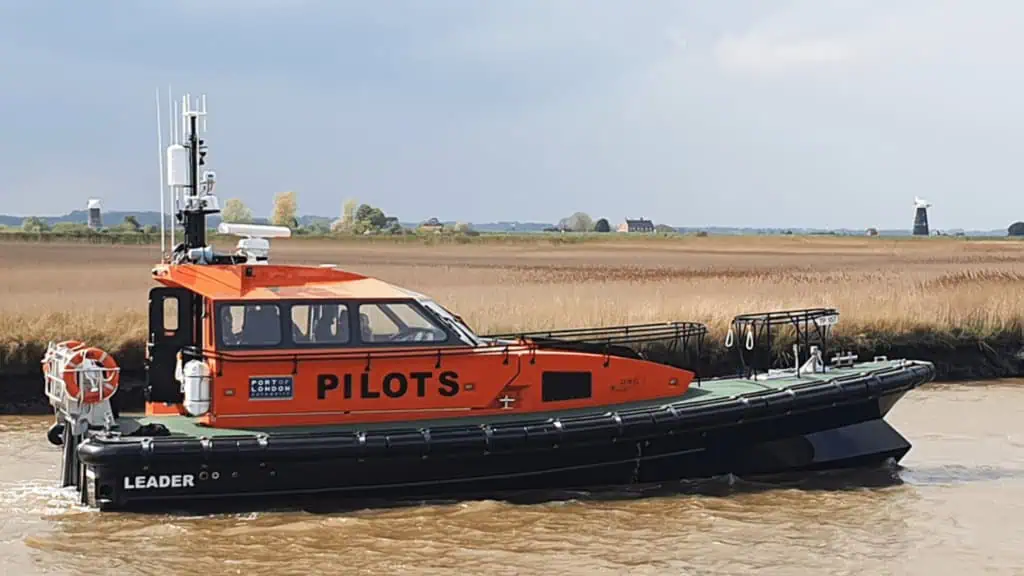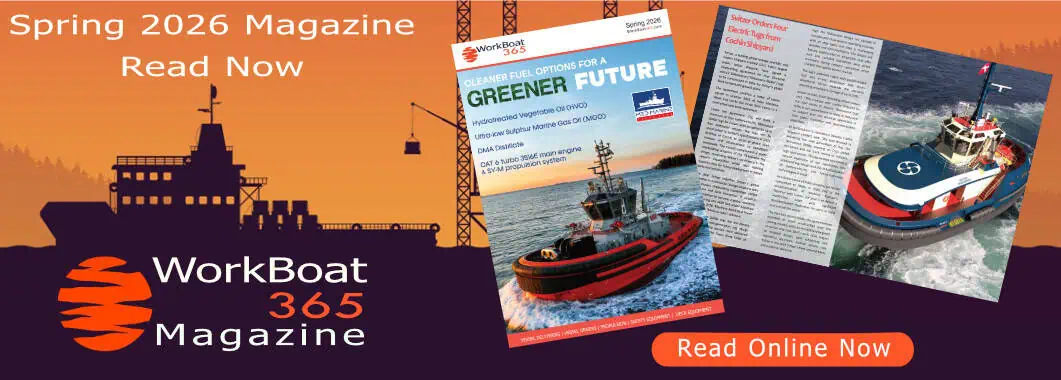The British Ports Association has welcomed the publication of a new joint maritime industry safety guide designed to support safe pilot embarkation and disembarkation across the UK. The shared voluntary resource, The Embarkation & Disembarkation of Pilots Code of Safe Practice, has been prepared in collaboration between UK ports and maritime pilots.
The British Ports Association is part of a collection of maritime bodies that have collectively worked to update the code, including Port Skills and Safety, the UK Harbour Masters’ Association, the UK Major Ports Group, and the UK Maritime Pilots Association. The updated resource is used across the UK to assist ports and pilot organisations in establishing safe operating procedures for pilot boarding and landing. It was reviewed and updated earlier in the year and is being formally launched today as a voluntary but important resource for port and pilotage authorities.
Maritime pilots undertake and important function, using their local knowledge and extensive training to assist and guide ships into ports. The latest review of the Embarkation & Disembarkation of Pilots Code of Safe Practice was finalised in the summer but has now been published here. The next review is planned for 2028.
Commenting on the publication, Richard Ballantyne, Chief Executive at the British Ports Association, which represents almost all the ports with pilotage responsibilities, said, “We are pleased to have agreed the latest updates to this important Code for pilotage operations. The document was first developed in the 1990s and it has evolved into a world leading resource for ports and pilots.“
“There are more than 500 active maritime pilots in the UK and they regularly held guide vessels into and around 100 different port authorities and countless marine facilities up and down the country. This includes a wide variety of cargo vessels carrying significant volumes of freight as well as a host of other ships involved in the tourism and energy sectors.“
“The process of boarding a commercial vessel involves skill and training, and the Code helps identify risks and processes which all parties should consider.”















